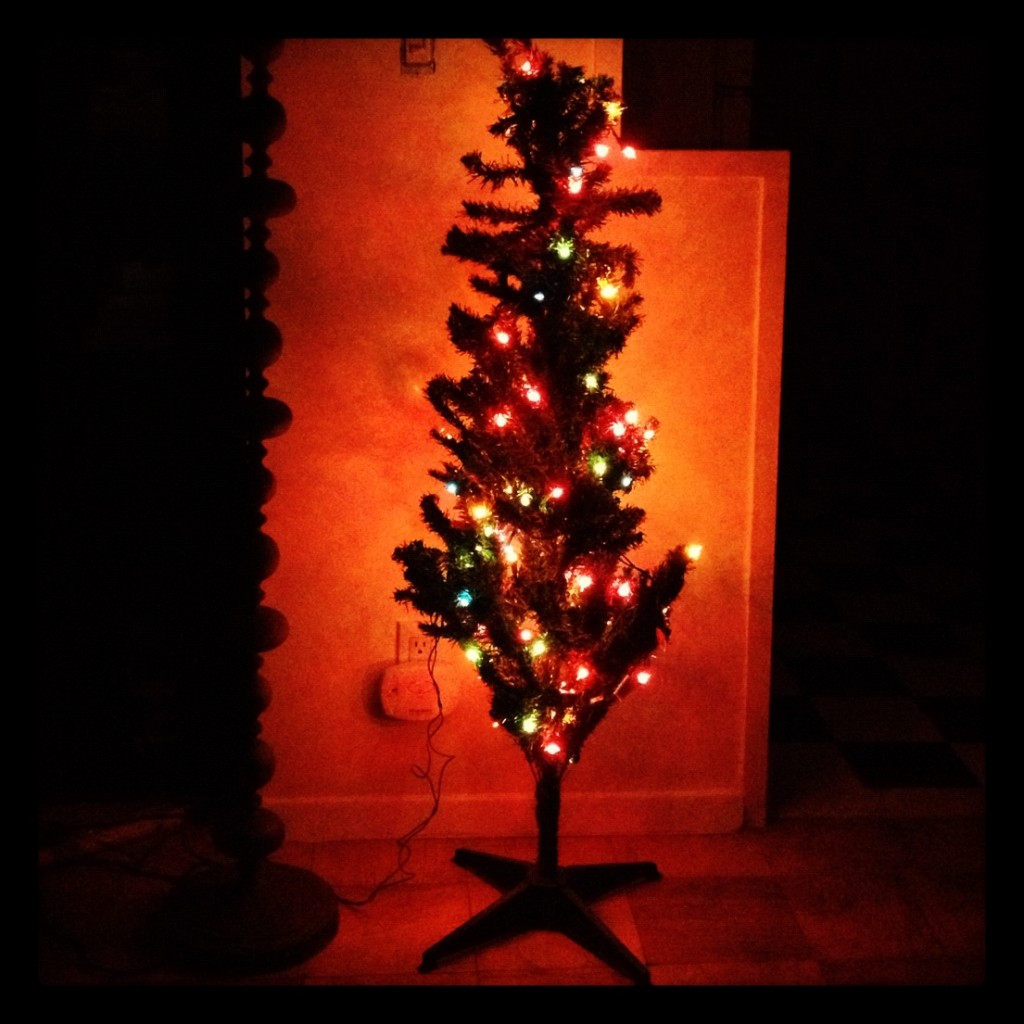Happy Friday! Hope your 2017 is off to a great start so far. After diving back into a busy catch-up week, I’m looking forward to taking some time this weekend to take stock of what’s ahead for this season…and finally getting around to dismantling my Christmas tree.
I’ve had my adorable little fake tree since 2010 and still store it in the original box, but I’ve been thinking that maybe next year I’ll invest in some new storage containers. Also, I recently noticed an ex-boyfriend’s mother’s handwriting on several cardboard boxes on a shelf (easily 10 years old, if not more!), so I may need to break my January-March spending fast and hit up Bed Bath & Beyond this weekend for replacements. From a feng shui perspective, it can’t be good to have that stuff around.
But I digress…
As the frenzy and festivities of the holiday season start to fade, many of us welcome the slower pace, but once the lights come down, it’s common to feel a little less than sparkly ourselves. The seasonal changes in sunlight can disrupt our sleep cycle as well as levels of mood-regulating neurotransmitter like serotonin and cortisol, everyone’s favorite stress hormone. As a result, many people experience symptoms of Seasonal Affective Disorder (SAD), such as mood changes, fatigue, and carb cravings—major motivation killers for crushing your New Years resolutions.
My story for Shape features expert tips for how to feel more like yourself when all you want to do is sleep and eat all the pasta and mashed potatoes.

No stranger to SAD myself, I’ve found that consuming enough protein (especially from fish and eggs, which have a lot of vitamin-D and omega-3s, and calcium-rich yogurt) and incorporating complex carbohydrates like sweet potatoes, winter squash, beans, oats, and other whole grains into my diet keeps me on an even keel. Enjoying exercise as part of my regular routine and getting outside even if just for a few minutes during the day also make a huge difference. I used to have a HappyLight when I was in college and found it a life-saver for getting through those Boston winters.
You can read the full story here for some awesome ideas from dietitians, doctors, and mental health professionals to help you beat the winters blah’s.
Of course, depression is a serious health issue, so if you’re feeling seriously down in the dumps for a prolonged period of time and also experiencing a loss of interest in things you used to love, feelings of hopelessness, or other symptoms of major depression, touch base with your doctor or therapist to discuss appropriate treatment options. You’re the expert on you, so if something doesn’t feel right, speak up and seek the help you need.
Do you struggle with SAD? How do you deal with winter blues?
**This post contains affiliate links.


